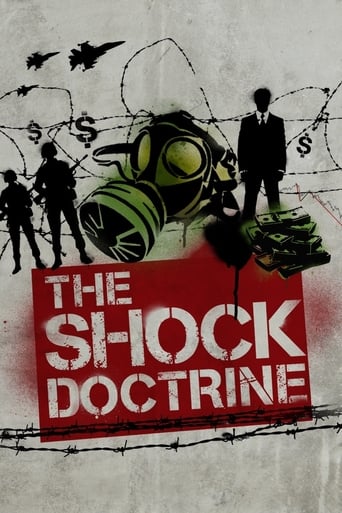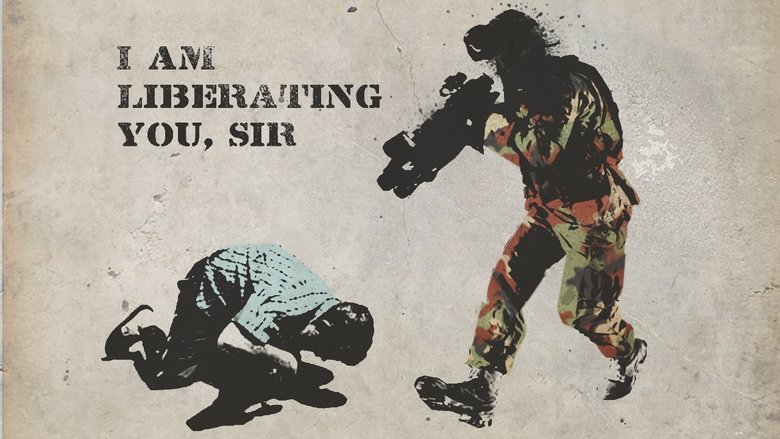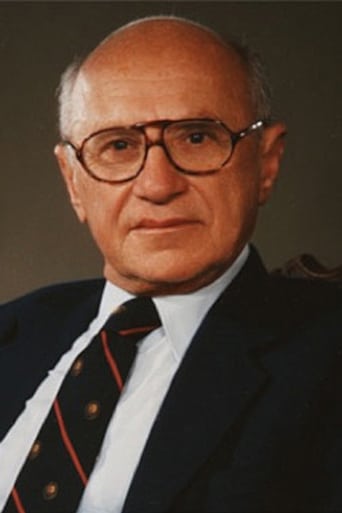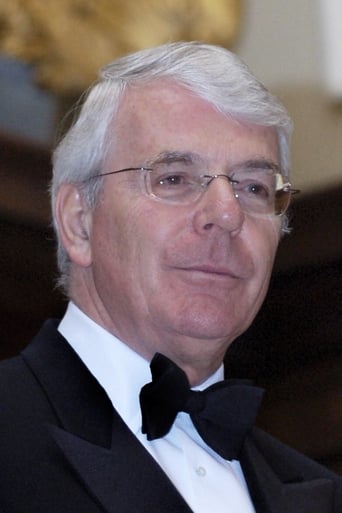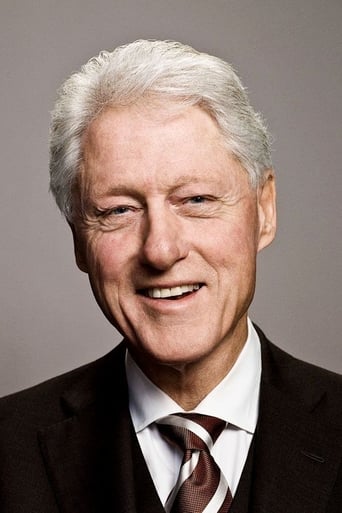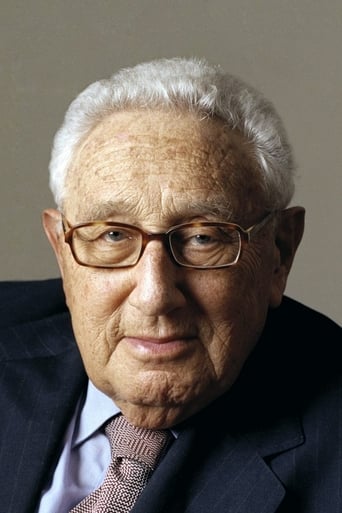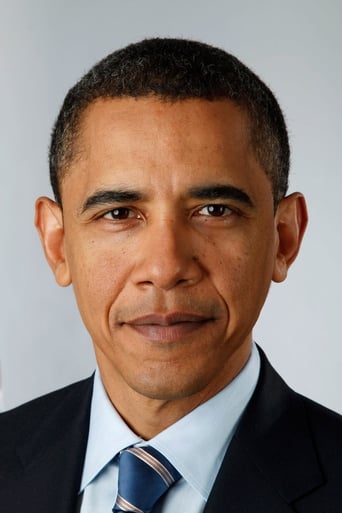An investigation of "disaster capitalism", based on Naomi Klein's proposition that neo-liberal capitalism feeds on natural disasters, war and terror to establish its dominance.


Similar titles
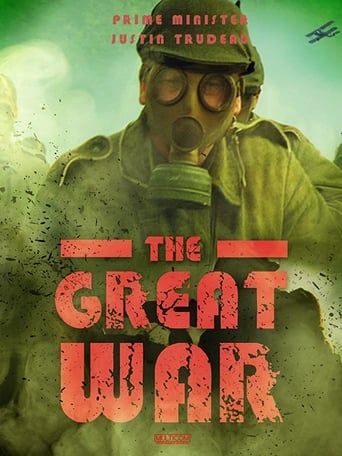



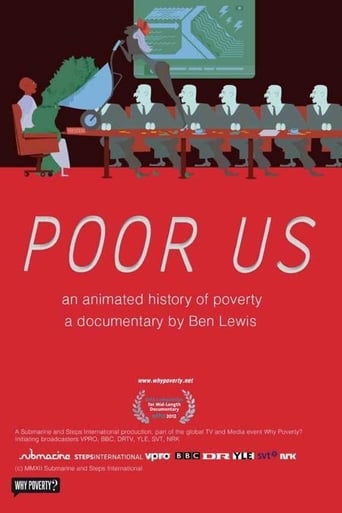
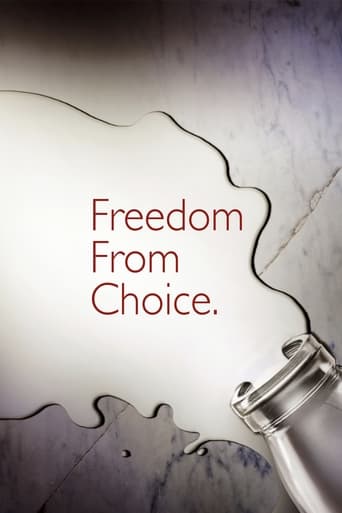
Reviews
This is a movie you should check out. Aristotle said that "It is the mark of an educated mind to be able to entertain a thought without accepting it." Well, going back to the start of the review, even if you think that what Naomi Klein is talking about is pure nonsense, "The Shock Doctrine" is a movie to watch, precisely even more if you don't agree with the ideas it presents.Basically the movie talks about how capitalism aliments itself on conflict and shocks, meaning that it is very good at distracting the attention from the important to some event that is terrible, but not the most terrible. For example, it talks about how the United Kingdom got into the Falklands War, and how that distracted public attention from the strikes and the civil unrest that was ongoing in the country. Does it all sound a little bit conspiratorial? It does, but it is also true that when something like a war happens, people's attention will be centered on that event, and it will become a situation of "us" vs. "others". Even if you don't believe that happens on purpose, it is true that systems, being it capitalism or other, may take advantage of those situations.But that's for a politics or international relations class. Going back to the documentary, "The Shock Doctrine" presents its ideas in a very clear and easy to understand way, and it gives enough examples to see why they say what they say. In that respects it does a very nice job. It also does a good job in making the viewer think and analyze situations. And it is very interesting to try to see things in a different light from the "official" view of things.As Aristotle said, you don't have to accept it. Or agree with it. But it doesn't hurt to think.
I read all the other reviews about the film, not the book. The divergent opinions and points of view on the case Klein makes for the harmful principals of the Milton Friedman values of an outright free market system and the erroneous view that it promotes social freedoms and vice-versa even and especially by using Shock Programs to stimulate an economy into Free Market, is a view of the case I share with Naomi Klein. I don't however, at least no more, believe in the Keynesian economics principal as the unfolding of events in the global economy of today disprove its theory's conclusion; time has disproven that.The movie, if you listen carefully to the words and the message of Klein, is a challenge for all of us not to accept any theory that sounds like the words of a preacher. Instead we're to listen to our hearts and mostly our reason and then only, do something about it instead of contributing to our society's demise by doing nothing. The wisest advice any person can ever give, receive or act upon is learning from history and not allow it to be erased for the benefit of the few pariahs.
After watching this film with a few friends (one of which was a former World bank employee), we had a rather mixed and somewhat heated conversation in the cinema bar. The film is basically a summary of the book, which talks about the ideas of Milton Friedman and how they have been used to influence world affairs. However, for those of you who may find the film 'superficial' I would recommend the book, as there is much more detail. Regarding the objectivity of the film, I don't believe that it's anti-American or anti-capitalistic (as my world bank friend remarked). Quite the contrary, it is very balanced and in my opinion Klein does not point a finger at a company without first presenting the facts. I think what a lot of pro-capitalists probably find annoying about Klein is that she brings the whole idea of multinational dirty dealings and currents affairs into the spotlight. After all, Halliburton, Shell, BP, the World bank etc. are far from angels when it comes to making money! I for one, commend the producers of this film and Mrs. Klein for a job well done!
"You were such a super lady!" - Mike Yanagita (Fargo)Michael Winterbottom, one of Britain's more daring film-makers, takes a break from feature films to direct "The Shock Doctrine", an interesting documentary based on a book by Canadian journalist Naomi Clein.The documentary essentially says three things. Firstly, that big corporations in search of new markets benefit when governments import a neoliberal economic system, often as a result of pressure from the US, and that this often has catastrophic consequences for ordinary people.Secondly, that political leaders have turned to "brutality and repression" to crush protests against their ideologically inspired programmes of privatisation, deregulation and tax cuts.And thirdly, that certain "shocking events" (The Falkland War, The Gulf Wars, coups in Chile, Argentina and Russia, Hurricane Katrina, 9/11 etc) have been used, or even created, for the purpose of stealthily introducing unpopular reforms in the wake of these crises.So essentially something big and bad is designed to happen in order to distract the populace from some sneaky law being implemented, or some massive privatization deal being granted. IE- capitalists have taken advantage of natural and man-made disasters in order to promote their free market ideals, or outright concocted such shocks.Unfortunately, whatever merits the documentary has are eroded by its overly ominous, overly conspiratorial tone. Winterbottom sees macro plots and macro conspiracies, instead of chaos and confusion. He sees complex plans and careful scheming instead of a more general exploitation of opportunity. Yes, the film offers great analysis of corporatism and various authoritarian governments, and highlights how crises are used by governments to coerce people, but this shouldn't be surprising to anyone who realises that governments routinely use coercion even in the absence of shocks. And of course a focus on macro conspiracies misses the mundane conspiracy of simple, white-bread capitalism and debt based banking.Elsewhere Winterbottom makes a big deal out of Milton Friedman's assertion that reforms are best made during crises. This is odd, since almost every reformer/revolutionary, from Paine to Marx, has said the same thing. Winterbottom also implies that the "crisis equals opportunity" idea is unique to Friedman and that Friendman has "evil intentions", but neither of these claims are particularly believable.Perhaps the most interesting thing about the documentary is Winterbottom's choice of music. He uses the famous theme tune from the Coen Brothers' film, "Fargo". Thematically it's an apt song choice. "Fargo" pretended to be a "true story" but was really a work of fiction, its lead character (a police detective played by Frances McDormand) learning to suspect everyone and not take people and things at face value. Winterbottom's film may not be entirely convincing, but at least it instills a healthy air of distrust and urges us to question our surroundings.7.5/10 - This documentary isn't in the same league as Winterbottom's "Road to Guantanamo" and "Welcome to Sarajevo", two of the better political films out there, but it's still fairly interesting and packed with little moments of insight. Props must be given to Channel 4 for funding, not only this documentary and several of Winterbottom's films, but also for financing some of the more daring British film-makers over the past decade.Worth one viewing.
